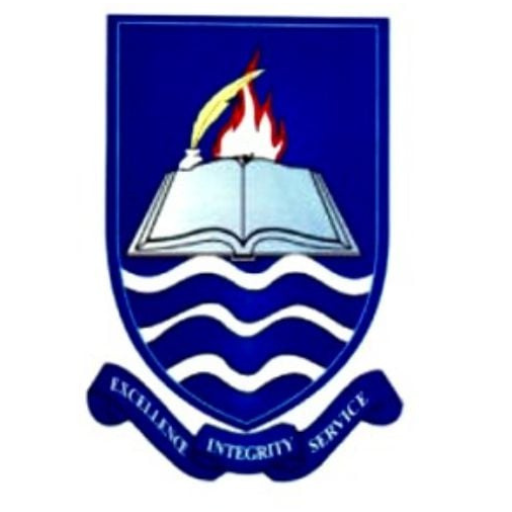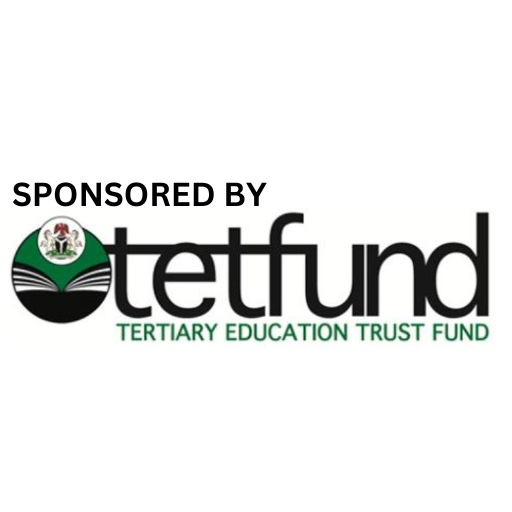Pedagogical Influence of Teachers on the Academic Performance of Students in Public Senior Secondary Schools in Rivers State
Keywords:
Availability, Utilisation, Perceived Influence, Academic PerformanceAbstract
The study investigated the perceived influence of teachers’ professional development and technological integration influence the academic performance of students in public senior secondary schools in Rivers State. Wo research questions and two hypotheses guided the study. The study adopted the descriptive survey design. The population of the study was 494 principals and vice-principals drawn from the 247 public secondary schools in Rivers State. The sample size was 494 respondents, comprising 195 male and 299 female principals across 247 public secondary schools in Rivers State. The stratified sampling technique was used in selecting the respondents. Data was collected using a self-structured questionnaire. The questionnaire was structured using a five-point summated rating response scale. Face and content validity were determined by two experts in the field of Measurement and Evaluation at Rivers State University. The reliability of the instrument was established using a pilot study. The reliability of the instrument gave a Cronbach's Alpha index of 0.86, which was considered reliable. Research questions were answered using Mean and standard deviation, while t-test statistics were used to test the null hypotheses at a 0.05 level of significance. The findings of the study revealed that teachers’ professional development and teachers’ technological integration influence the academic performance of students in public secondary schools in Rivers State. Based on the findings of the study, it was recommended among others that Government and school administrators should ensure that continuous training programs are organised to enhance teachers’ pedagogical skills and proficiency, technological integration, and classroom management techniques to support modern teaching approaches, enhancing engagement and learning outcomes the public schools.
References
Adeyemi, T. O. (2021). Teachers’ professional development and students’ academic performance in Nigerian secondary schools. Journal of Educational Research, 14(3), 45-56.
Amadi, J. (2023). The Impact of Continuous Learning on Teacher Performance and Student Achievement. Journal of Educational Leadership, 12(1), 78-96.
Eze, P. C. (2022). Impact of technological integration on interactive learning in Nigerian secondary education. African Journal of Science and Technology Education, 8(2), 112-125.
Federal Republic of Nigeria. (2004). National Policy on Education (4th ed.). Lagos: Nigerian Educational Research and Development Council (NERDC)
Ibrahim, A. M. (2024). Digital resources and academic achievement in secondary schools: A case study of Northern Nigeria. International Journal of Educational Technology, 10(1), 78-90.
Nwuke, T. J., & Nwanguma T. K., (2024). Capacity Building as a Tool for Administrative Staff Improved Job Performance in Public Universities in Rivers State." Journal of Social and Management Sciences 3.2: 211-225. Nwuke, T. J., & Yellowe A.N., (2025). Managing education in Nigeria and the emerging technologies in the 21st century classroom. World Journal of Innovation and Modern Technology 9(1), 1-14
Okon, J. E. (2023). Subject mastery through professional development and its effect on student outcomes in public schools. Nigerian Journal of Educational Studies, 19(4), 33-47. Osuji, C. U. (2014). Capacity building of teachers as a strategy in bridging the gap in Nigerian educational system. African Education Indices, 7(1), 1-15.








